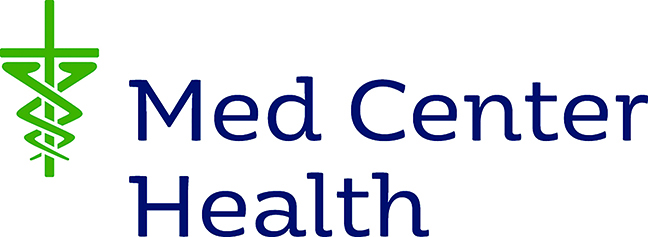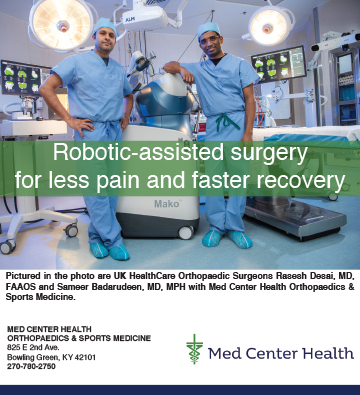
If you could protect your child from getting a type of cancer later in life, wouldn’t you do it? There is a vaccine that can help protect people from getting the virus that can cause cervical cancer, penile cancer, most oropharyngeal (mouth and throat) and other cancers. Every year in the United States, human papillomavirus (HPV) is estimated to cause nearly 35,000 cases of cancer in men and women. According to The Centers for Disease Control and Prevention (CDC), HPV is thought to be responsible for more than 90% of anal and cervical cancers, 50% of vaginal, vulvar, and penile cancers, and 60% to 70% of oropharyngeal cancers. There is a vaccine against HPV which has been closely monitored for more than 12 years and has been proven safe and effective.
Vaccination against HPV
The American Cancer Society recommends routine HPV vaccination for females and males between the ages of nine and 12 years. Vaccination is a two-step process, with the second dose given six-twelve months after the first. If parents wait until their children are older than 12, three doses may be required.
The vaccine is also recommended for teens and young adults through the age of 26. While vaccination is not necessarily recommended for adults 26-45, it is still available. Talk to your doctor about your risk of getting HPV and the possible benefits of getting vaccinated. The CDC says the vaccine provides less benefit in this age range because more people have already been exposed to HPV.
While the HPV vaccine was developed to protect against cancers of the reproductive system, the vaccine also protects against other types of cancer. “The most common HPV-related cancer in the U.S. is of the tonsils and throat, which could have devastating results,” says Diego Cabrera, M.D., Medical Oncologist with Med Center Health Hematology & Oncology. “Fortunately, vaccination against HPV could stall this epidemic.”
Screening for Cervical Cancer
Almost all cervical cancers are caused by long-lasting infection with HPV. All women are at risk for cervical cancer, and it occurs most often in women over 30. The good news is the HPV vaccine is effective. HPV infections and cervical precancers (abnormal cells on the cervix that can lead to cancer) have dropped significantly since the vaccine has been in use.
•Among teen girls, infections with HPV types that cause most HPV cancers and genital warts have dropped 86 percent.
•Among young adult women, infections with HPV types that cause most HPV cancers and genital warts have dropped 71 percent.
•Among vaccinated women, the percentage of cervical precancers caused by the HPV types most often linked to cervical cancer has dropped by 40 percent.
While cervical cancer is highly preventable by vaccination for HPV, screenings with regular Pap tests, including a test for HPV, are still necessary. Screening can detect pre-cancerous cells and small cancers. Starting at age 21, regular screenings are vitally important since cervical cancer may have no symptoms in the early stages.
More options for treatment are available when cervical cancer is found early, when a woman has no symptoms. Advanced cases can require extensive surgery or chemotherapy and radiation therapy. “I would like to see all HPV-related cancers eradicated in my career,” says Brooke Leachman, M.D., Radiation Oncologist with The Medical Center Cancer Treatment Center. “Unfortunately, HPV vaccination and cervical cancer screening rates remain low. But if all young men and women get the HPV vaccine before becoming sexually active, we can prevent these cervical, oropharyngeal (mouth and throat) and other cancers.”
If you are worried about the cost of HPV vaccine and cancer screenings, the CDC has programs that can help. The Vaccines for Children (VFC) program helps families of eligible children who might not otherwise have access to vaccines. The program provides vaccines at no cost to children ages 18 years and younger who are uninsured, Medicaid-eligible, or American Indian/Alaska Native. To learn more, see https://www.cdc.gov/vaccines/programs/vfc/.
Help with the cost of screenings is available through the CDC’s National Breast and Cervical Cancer Early Detection Program. To find out if you qualify for a free or low-cost mammogram and Pap test and where to get screened, call 1-800-462-6122 or 1-800-4-CANCER.
Med Center Health offers a full-range of services for cancer prevention and care. Learn more at MedCenterHealth.org/Cancer.
-submitted by Med Center Health




